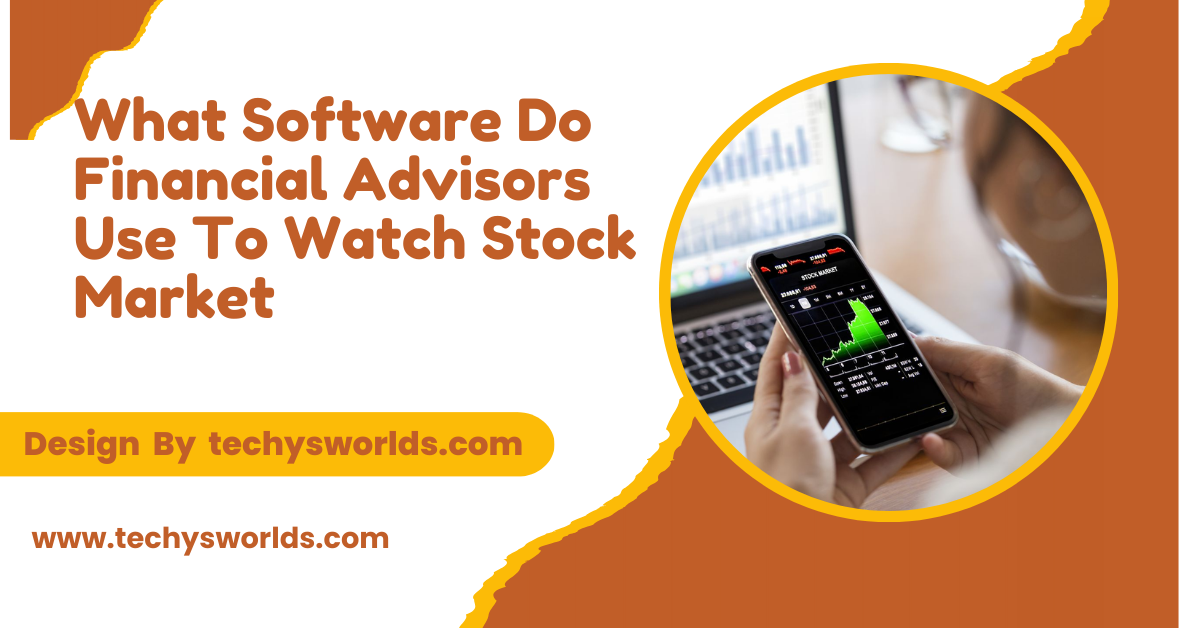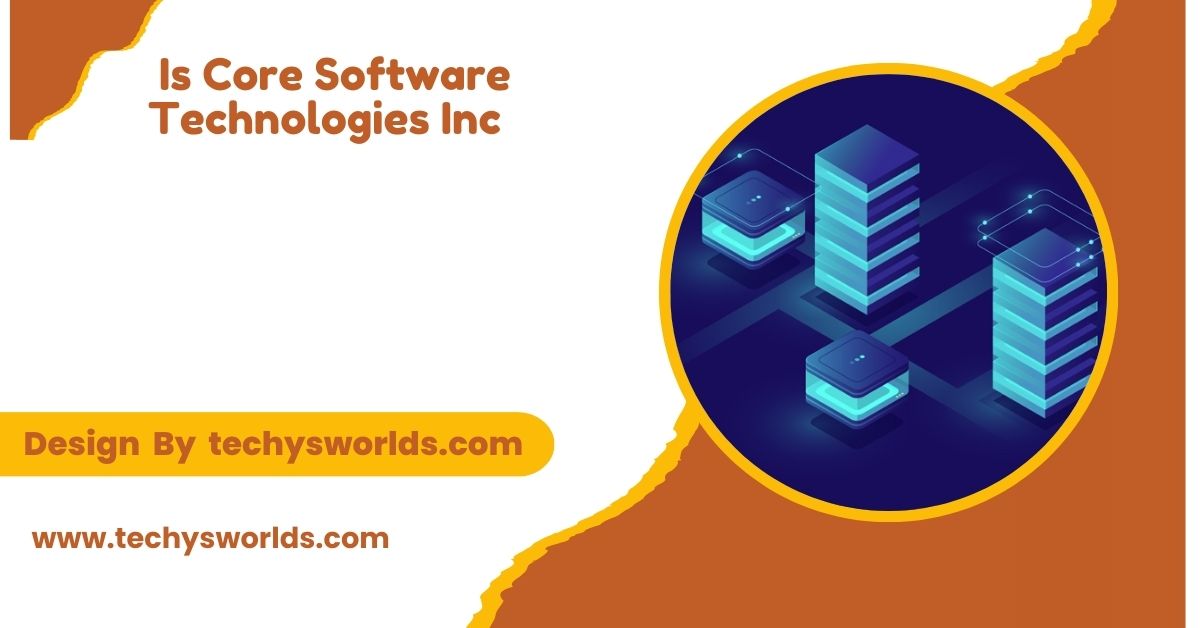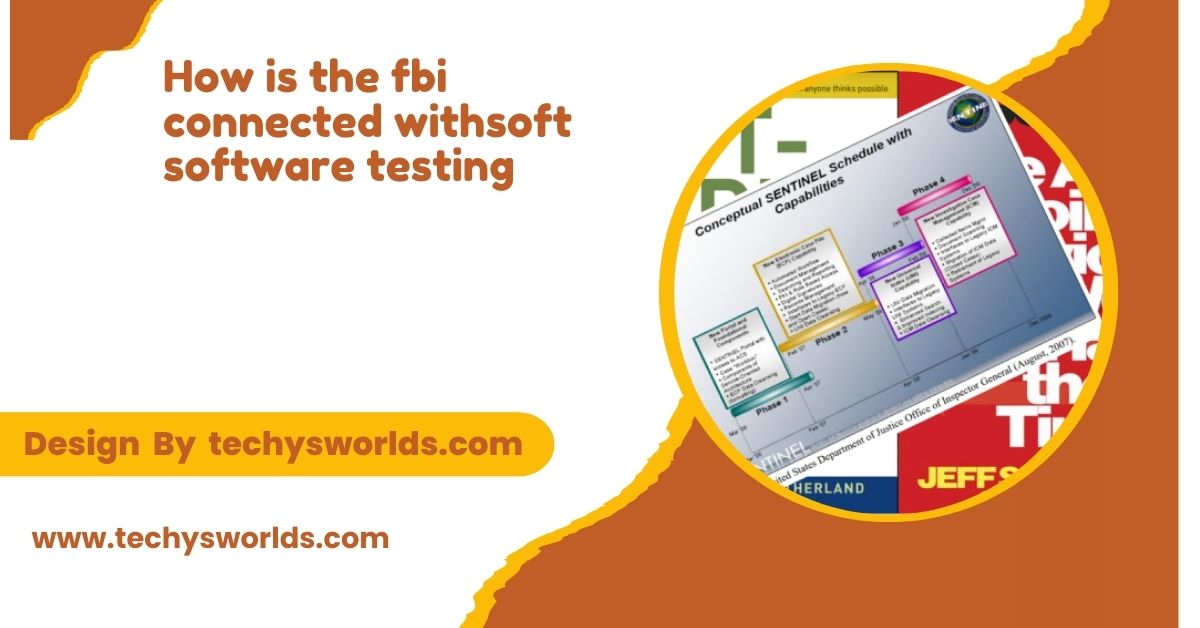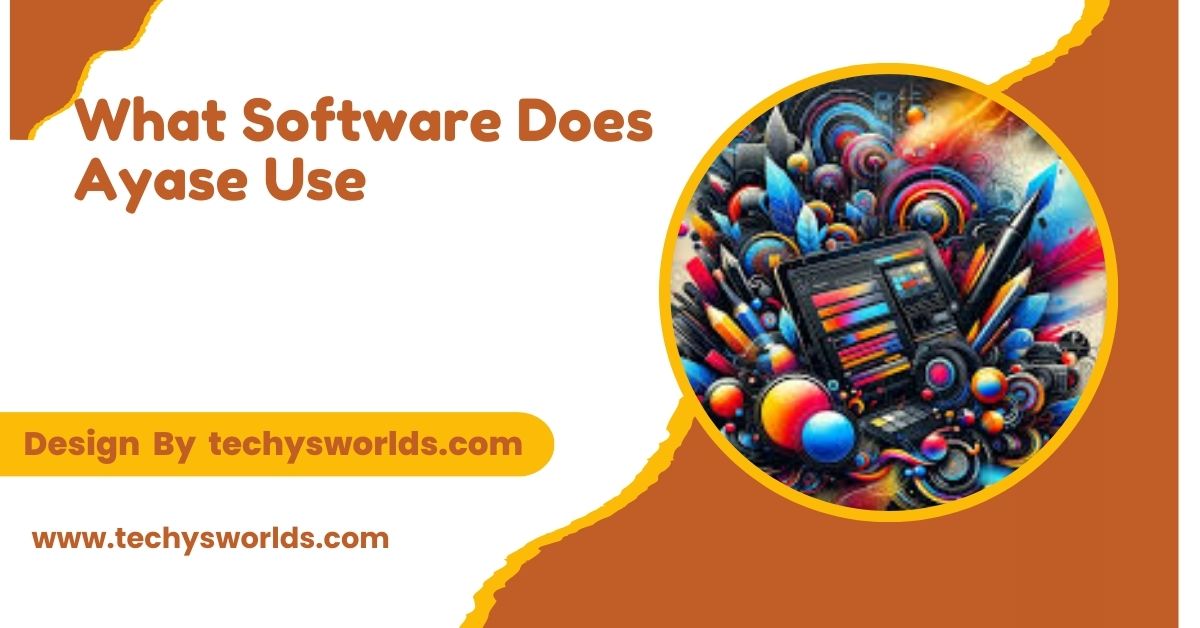Financial advisors use software like Bloomberg Terminal to monitor stock markets and manage investments with real-time data and analysis tools.
This article explores the various software solutions used by financial advisors to monitor the stock market, highlighting their key features, benefits, and the specific needs they address.
Overview of Financial Advisory Software:

Financial advisory software encompasses a range of tools designed to assist advisors in managing investments and providing insights to clients. These tools help advisors track stock performance, analyze market trends, and generate reports for client meetings. The right software can significantly enhance the efficiency and effectiveness of financial advisory services.
Key Features of Financial Advisory Software:
Financial advisors utilize software that offers a variety of essential features.
- Real-time market data provides up-to-the-minute information on stock prices and market trends.
- Analytical tools include charting, technical analysis, and fundamental analysis capabilities.
- Portfolio management enables tracking and managing client portfolios, including performance reporting.
- Client communication offers tools for reporting, document sharing, and client engagement.
- Integration capabilities allow connection with other financial systems and tools for a seamless workflow.
Popular Software Solutions for Financial Advisors:
There are numerous software solutions available that cater to the needs of financial advisors. Below are some of the most widely used tools in the industry.
Also Read: Crypto-Legacy.App Software – A Comprehensive Guide!
Bloomberg Terminal:
The Bloomberg Terminal is one of the most comprehensive financial software platforms available. It offers real-time financial data and news from global markets, advanced analytics, extensive research capabilities, and a user-friendly interface. While the subscription fee can be significant, it is favored by professionals requiring detailed market insights.
Morningstar Direct:
Morningstar Direct is a robust investment analysis platform. It offers in-depth research and data on mutual funds, ETFs, and stocks, along with portfolio analysis tools and custom reporting features. This platform is popular among advisors focused on mutual fund and ETF analysis, aiding in making informed investment decisions.
TD Ameritrade’s Thinkorswim:
Thinkorswim is a trading platform from TD Ameritrade catering to both individual and institutional investors. It offers advanced charting, simulated trading capabilities, market research access, and a mobile app for trading on the go. This platform is ideal for advisors who actively trade and require powerful analysis tools.
eMoney Advisor:
eMoney Advisor is a comprehensive wealth management platform designed for financial planners. It offers robust financial planning tools, client engagement features, portfolio management capabilities, and seamless integration with third-party applications. eMoney Advisor is especially useful for advisors focusing on holistic financial planning.
Charles Schwab’s StreetSmart Edge:
StreetSmart Edge is Schwab’s trading platform designed for active traders and advisors. It allows for customizable workspaces, real-time quotes, extensive market research, and educational resources. This platform is popular among advisors needing a powerful yet intuitive trading interface.
Factors to Consider When Choosing Software:

When selecting software for monitoring the stock market, financial advisors should consider several factors.
User interface is crucial for ease of use and customization to fit specific needs. Data accuracy and timeliness are essential for making informed investment decisions. Integration with other tools enhances workflow efficiency. Cost and value must align with the advisor’s budget while ensuring significant benefits. Customer support and training resources are vital for effective utilization.
Use Cases for Financial Advisors:
Different financial advisors use software based on their specific needs and clientele. Common use cases include portfolio management, client reporting, market analysis, and compliance. Advisors use software to monitor investments, generate comprehensive performance reports, analyze trends, and maintain compliance with regulations.
Trends in Financial Advisory Software:
The landscape of financial advisory software is continually evolving. Notable trends include increased automation in reporting and portfolio rebalancing, enhanced client engagement through portals and communication tools, the integration of artificial intelligence for predictive analytics, and a stronger focus on cybersecurity to protect client information.
FAQ’s
1. What software is best for financial advisors?
The best software depends on individual needs, but popular choices include Bloomberg Terminal, Morningstar Direct, and eMoney Advisor. Each offers unique features tailored to different aspects of financial advising.
2. How do financial advisors use stock market software?
Financial advisors use stock market software to monitor real-time data, analyze trends, manage client portfolios, and generate reports for client communication. These tools enhance decision-making and client service.
3. Is financial advisory software expensive?
Costs vary widely among financial advisory software. Some solutions, like Bloomberg Terminal, have high subscription fees, while others may offer more budget-friendly options. Advisors should assess their needs to find the best value.
4. Can financial advisors use mobile apps for stock market monitoring?
Yes, many financial advisory software solutions offer mobile applications that allow advisors to monitor the stock market, manage portfolios, and communicate with clients on the go.
5. How important is real-time data for financial advisors?
Real-time data is crucial for financial advisors as it enables timely decision-making and accurate assessments of market conditions, which are essential for effective investment management.
Conclusion
Financial advisors rely on specialized software to monitor the stock market and manage client investments effectively. With a variety of solutions available, advisors can choose tools that best fit their needs. These software solutions will continue to play an essential role in the financial advisory landscape, enhancing efficiency and improving client outcomes while ensuring that advisors stay competitive in a rapidly evolving market.
Related Posts
Also Read: When A Software Is Freemium What Does That Mean – What You Need To Know!
Also Read: How Useful Is Master In Software Engineering – An In-Depth Analysis!
Also Read: What To Take At UMich Engineering For Embedded Software – The Ultimate Roadmap!



